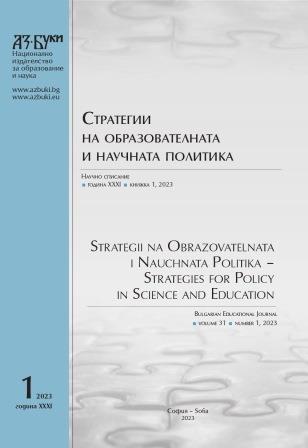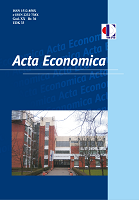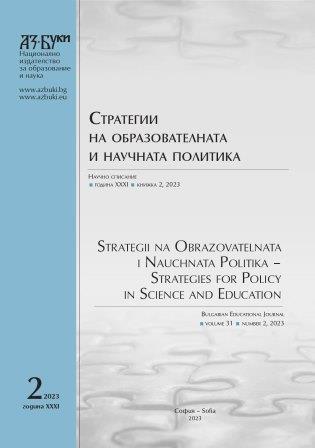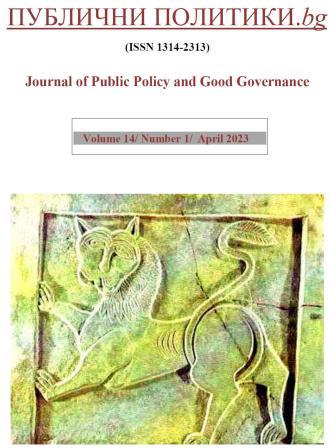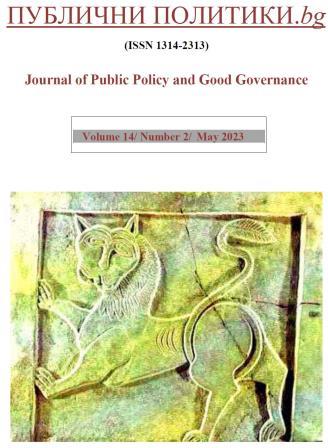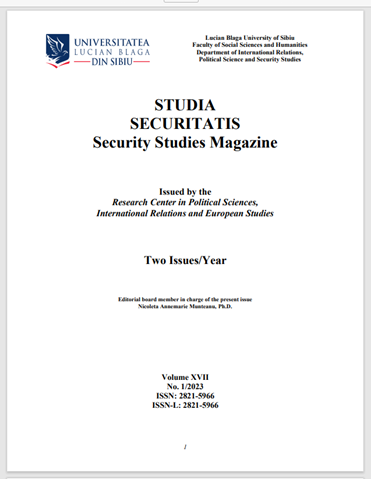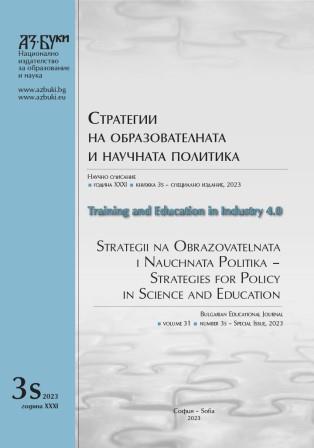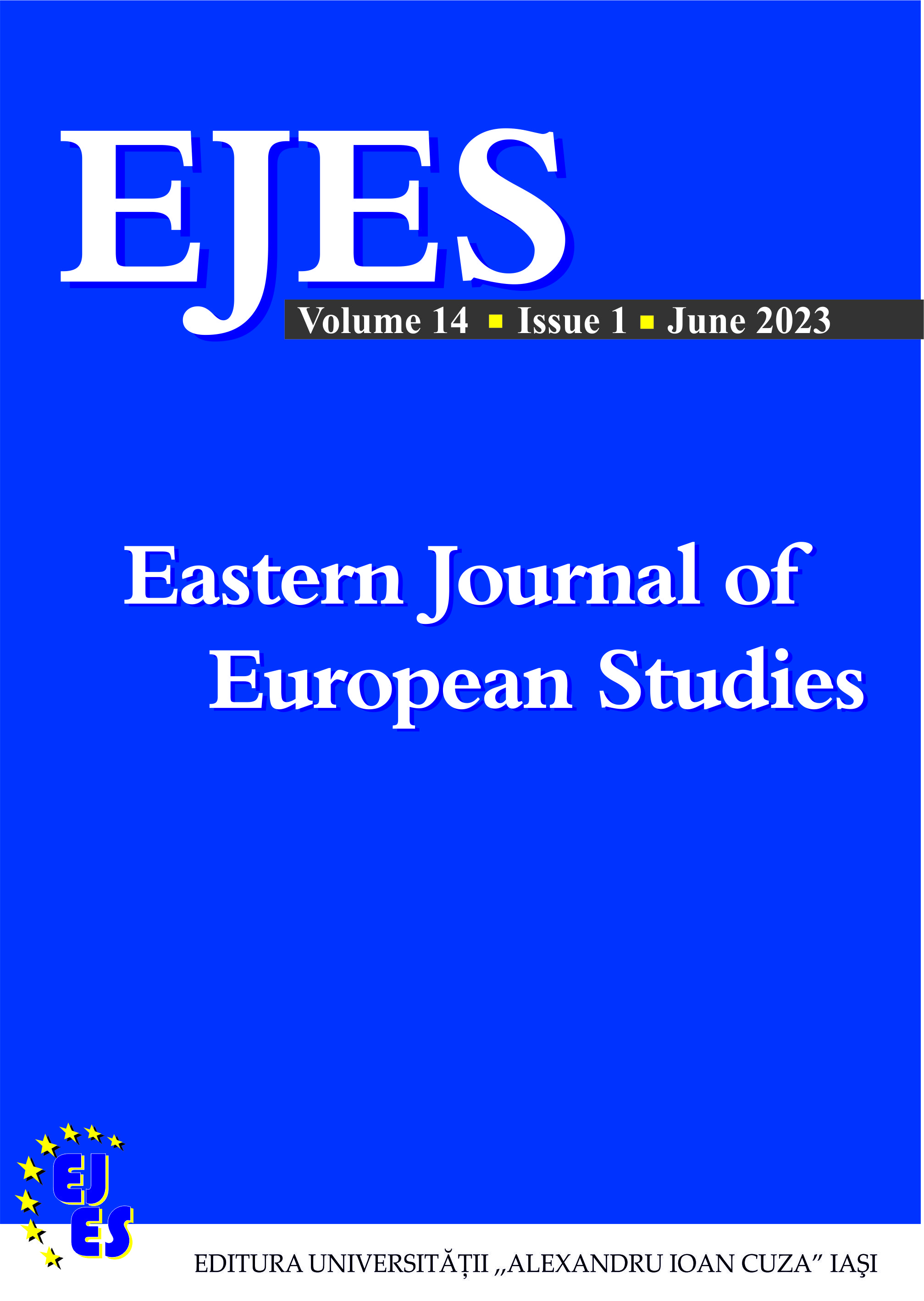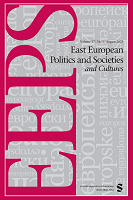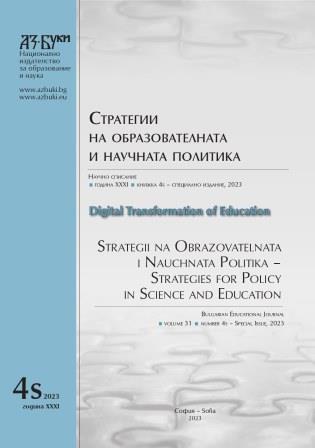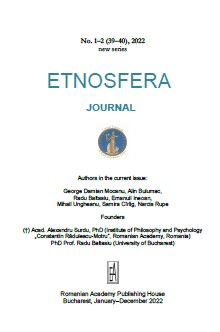
Мониторинг в социалната работа по случай
The article presents the case monitoring as substantial component in the practice of social work. Matters about the subject, criteria and methods for monitoring within the case-management during social work have been analyzed. The supported notion is that monitoring, as current observance and tracing the developmentof the case, has a key role. Thus, according to the observed hardships and obstacles, appropriate measures maybe taken, and the individual plans, the social services parameters and methods of work may be actualized. In the analysis, attention has been paid to the client participation in the monitoring activity – the user of social servicesmust have the opportunity to express and share his preferences, experiences and degree of satisfaction. Thus the client will navigate the social worker and the servicing team in the adequacy of the support and care inrelation to his needs.
More...

